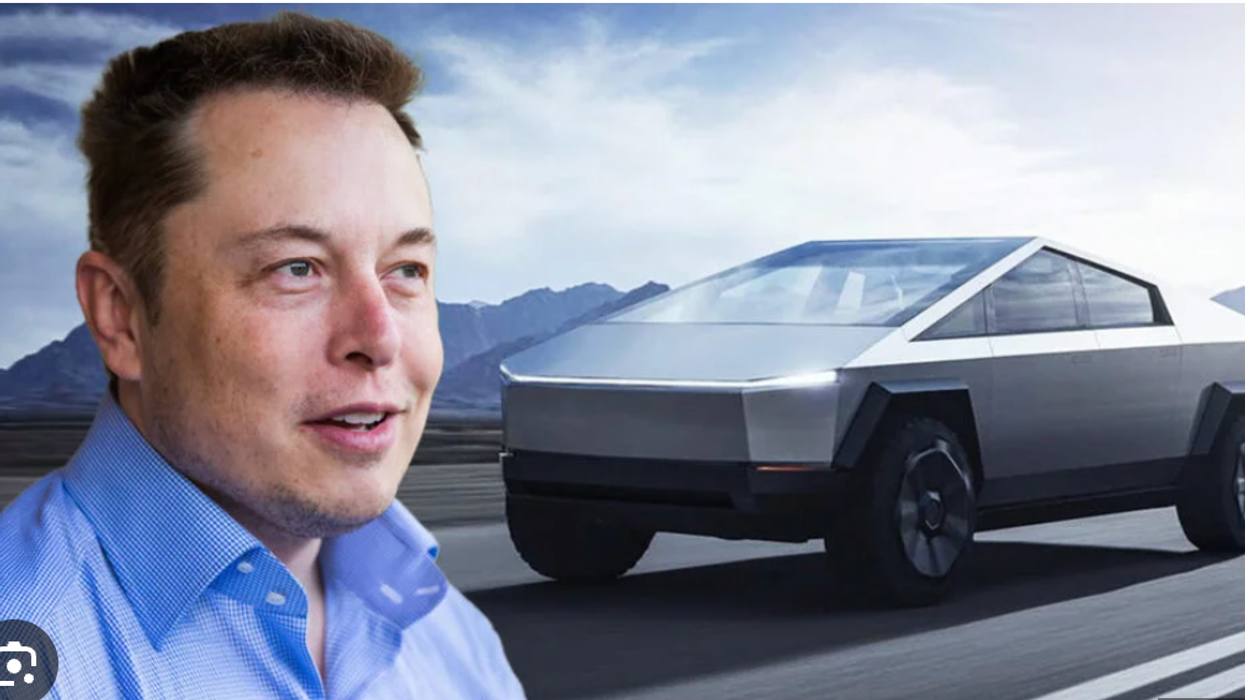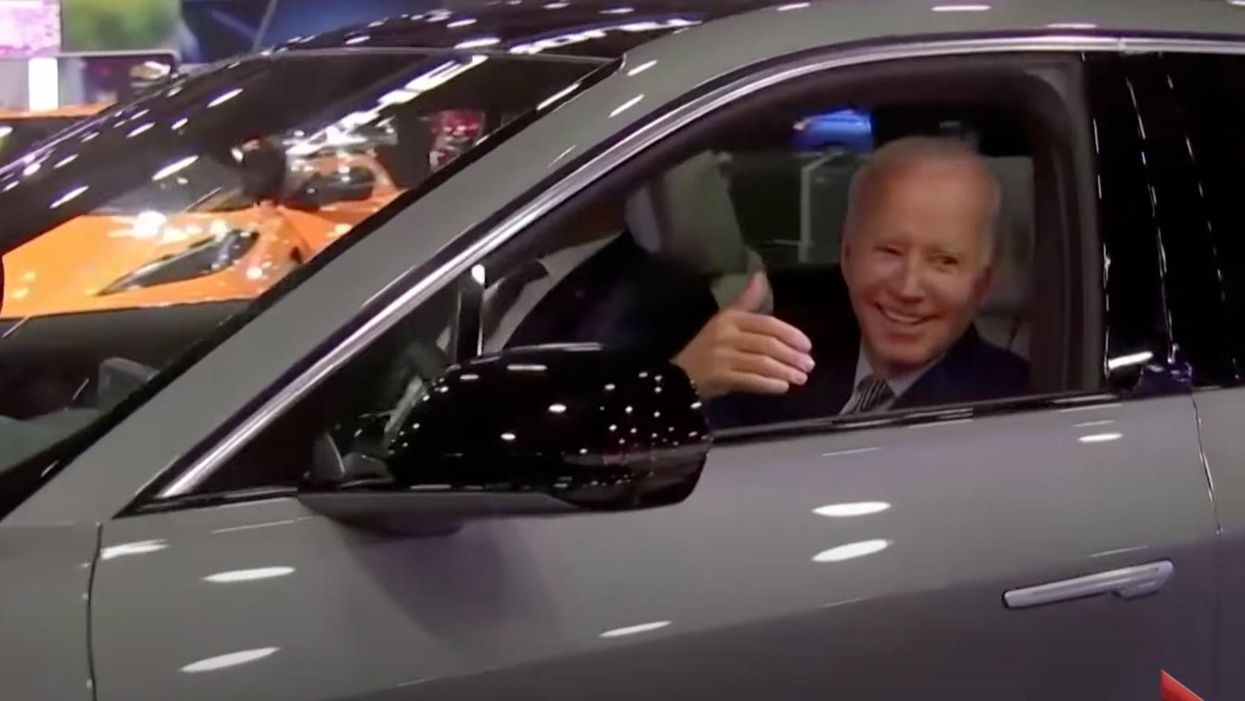Musk's Extremism Driving Tesla Finances Into 'A Disaster On Every Metric'
Elon Musk, the world’s wealthiest man and a terrible parent, was handed another loss on Wednesday, after his electric vehicle company Tesla released its first quarter sales report. The news wasn’t good. The EV maker reported its lowest quarter sales since 2022, well below the modest predictions analysts had forecasted.
Tesla shares fluctuated, beginning Wednesday with a six percent drop, before rebounding, possibly due to talk that Musk would be leaving his Department of Government Efficiency. And even Tesla cheerleaders, like Wedbush Securities analyst Dan Ives, were having a hard time turning this lemon into lemonade, as he expressed on X.
Musk’s latest setback comes just a week after reports that Tesla’s sales in Europe had dropped 40 percent in February, even as Europe’s EV market was enjoying an upswing in sales. Tesla’s losses in Europe can be partly attributed to Musk’s full-throated support of Germany’s far-right, neo-Nazi-affiliated Alternative for Germany party.
“In addition to Elon Musk’s increasingly active role in politics and the increased competition it is facing within the EV market, the brand is phasing out the existing version of the Model Y—its best-selling vehicle,” Felipe Munoz, global analyst at Jato Dynamics told the Financial Times.
Tesla’s brand has taken hits on top of Musk’s embrace of right-wing extremism. Nearly all of Tesla’s Cybertrucks were recalled in March due to issues stemming from the glue used to hold the stainless steel facade detaching, creating possible dangerous road hazards.
While Tesla faces increased competition in the market, the biggest problem the company faces is Musk’s politics and personality. Musk and DOGE’s unconstitutional attack on government agencies has cost tens of thousands of Americans their jobs and threatened their economic security.
His damage control efforts have been pathetic, undermined by his continued attacks on democracy, such as his unsuccessful yet transparent attempt to buy the Wisconsin Supreme Court election.
The Trump administration has clearly been ordered to cravenly prop up the billionaire’s nosediving reputation. But promising to throw people in jail if they protest against Tesla, holding an informercial in front of the White House, and having the entire Trump administration hawk Tesla stock during their television appearances has clearly not been the recipe for success they hoped for.
And now, Musk’s toxicity has become so great that even Donald Trump’s most loyal parasites are trying to find the right way to distance the GOP leader from his top donor. Whether or not Trump and friends can quit Musk’s hundreds of billions of dollars remains to be seen.
Reprinted with permission from Daily Kos.












